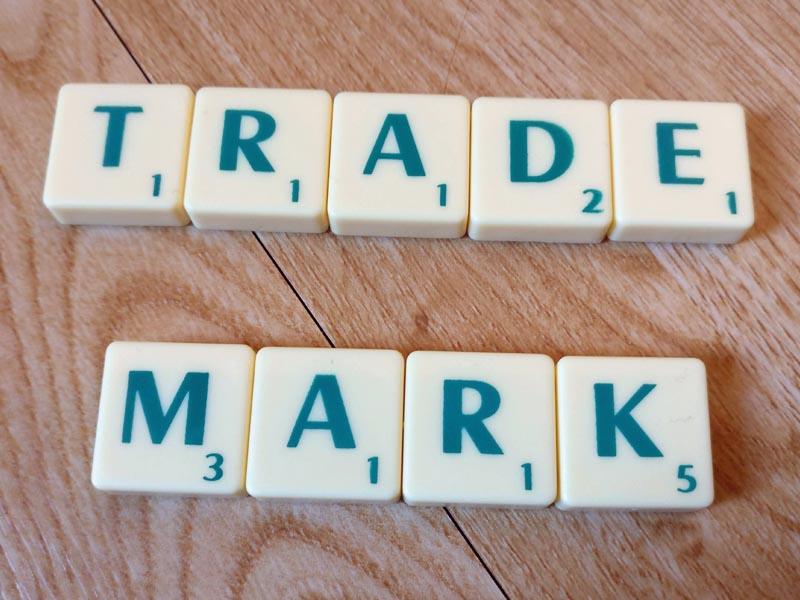Five misconceptions new businesses owners should know about
You have registered your name at companies house, are you protected from someone copying it? The answer may surprise you.

What are the main pitfalls new businesses should be aware of when it comes to their trade marks?
Chartered Trade Mark Attorney Charlotte Stirling has set out five common misconceptions she gets asked about when assisting new businesses in the protection of their trade marks.
Protecting your trade mark may not be the first thing on your mind – but it is an important step. Your trade mark, or “brand name”, is one of your business’s most valuable assets. It’s your key to success.
How can a business, product or service function without a name?
Without a good trade mark, how will your customers find your product and service again to repeat their positive purchase? How will they tell their friends and contacts about this great new product they’ve found, or service they’ve experienced?
As your growing business expands, the last thing you want to find is that a competitor has taken your trade mark and started using it themselves, or is using something so similar to it that your customers are getting confused. They may even have gone off and registered it before you got there.
Early trade mark protection is therefore an essential element in the development of any business.
Awareness of these pitfalls should help put any business in good standing to ensure valuable trade marks are protected.
1. “I’ve registered my company name with Companies House so it’s protected right?”
e.g. I have registered the name Newco Ltd, therefore I own “Newco”:
The registration of a company name merely prevents the registration of an identical company name at Companies House. It does not provide the company with the right to use that company name.
If the company name corresponds with or is similar to a pre-existing registered trade mark then use of the company name may infringe the registered trade mark.
The owner of a registered trade mark has the exclusive right to use the mark for the goods or services covered by the trade mark registration.
2. “It’s OK, I’ve got the domain name so it’s my trade mark!”
e.g. I own the “newco.co.uk” and the “newco.com” domain names, therefore I own the trade mark “Newco”:
The registration of a domain name does not necessarily entitle the owner to use that domain name.
As with company names, use of a domain name that corresponds with or is confusingly similar to a registered trade mark may infringe that trade mark if it is used in relation to goods or services that are covered by the trade mark registration.
3. “I’ve used my brand name for years so I must own it!”
e.g. I have been using the name “Newco” for several years and therefore I own it:
Only in certain circumstances will the mere use of a trade mark lead to rights in that mark.
Proving and enforcing rights acquired through use of an unregistered trade mark is a difficult and expensive process.
Traders who wish to rely on their historical use of a unregistered trade mark also risk losing or restricting their freedom to continue using it if a third party registers the same or a similar mark as a trade mark.
4. “Don’t worry, I’ve done an internet search and it’s all clear!”
e.g. I have searched the internet and can’t see any trace of “Newco”, therefore I am free to use it:
It does not follow that because a name is not currently in use it is available for use.
Furthermore, infringement of someone else’s trade mark can happen even if you’re not using an identical mark. Confusingly similar marks are also problematic.
Searching the internet for your chosen trade mark is unlikely to be thorough enough to put you in the clear. You should speak to a Chartered Trade Mark Attorney about conducting a full search of the trade mark registers.
5. “My trade mark was invented by me, so I must own it!”
e.g. I or my graphic designer/marketing agency invented the name “Newco”, therefore I own it:
There is no copyright in a name and so inventing a name does not give the inventor an automatic right to use it.
It is always advisable to seek early professional advice from a Chartered Trade Mark Attorney.
They will be able to conduct an availability search in order to advise whether your preferred trade mark is free for you to use and, if it is, to then put in place the necessary registered protection for your trade mark.
It is highly recommended to take these steps before registering a domain name or company name and before investing in any business set-up costs based upon a chosen name that has not been cleared or registered as a trade mark.
Charlotte Stirling is a Partner and Chartered Trade Mark Attorney at J A Kemp

